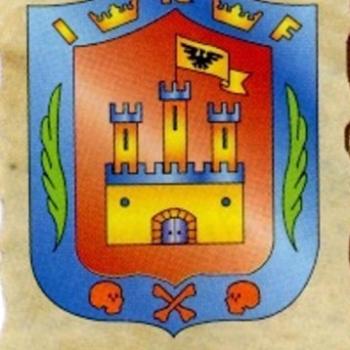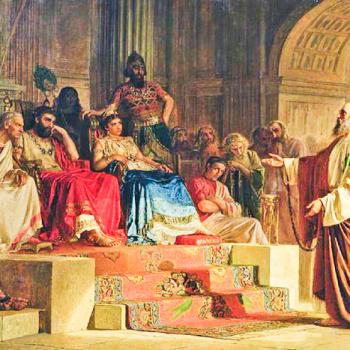The Arab Spring has turned into a dark winter for religious liberty. This is especially clear in Egypt, where the Islamist Muslim Brotherhood and fundamentalist Salafists have taken control of the process of framing a new Egyptian constitution, largely excluding Coptic Christians and those supporting a democratic society. Appalling violence against Christians has convulsed Egypt in the year since Hosni Mubarak's deposal, with churches burned, dozens killed, and hundreds injured.
The military officers who removed Mubarak from power have also made little progress toward handing authority back to civilian officials. Yet Secretary of State Hillary Rodham Clinton announced recently that the Obama administration was restoring military aid to Egypt.
In at least one North African nation, however, there is reason for cautious optimism. Tunisia's Muslim leaders have chosen to take a more moderate, accommodating approach, declaring that traditional Islamic law, or Sharia, would not form the basis of a new constitution. The Arab Spring actually began in Tunisia, a small Mediterranean country of ten million people wedged between Libya and Algeria. Prior to the ouster of its dictatorial president, Zine el-Abidine Ben Ali, Tunisia was perhaps the most secular Muslim-dominated nation in the Middle East. Alcohol was openly sold, polygamy was outlawed, and sometimes one might see bikini-clad women strolling along beaches. As in Egypt, the secular authoritarian government of Ben Ali suppressed Islamist movements, fearing fundamentalist uprisings and terrorism.
Self-immolation by a Tunisian merchant, improbably, began the chain of events that brought down the Tunisian president in early 2011. Tunisia's most influential Islamist party, called Ennahda ("Renaissance"), quickly emerged as a major political player, and in October 2011 it won overwhelming victories in parliamentary elections. Some wondered if Tunisia was going to follow Egypt's path toward a more rigid implementation of Islamic law.
For both pragmatic and ideological reasons, Ennahda has taken a different approach than the Muslim Brotherhood, at least for the moment. They have chosen to cast themselves as a moderate Muslim party rather than allying with Salafists, who often support not only extreme versions of Sharia but violent jihad against non-Muslims (and sometimes against non-Sunni Muslims, too). In Egypt, the dominant political coalition now encompasses moderate to extreme Islamists, while in Tunisia the moderate Islamists chose to partner with democratic allies, excluding the Salafists and repudiating their quest to force all Tunisians to comply with their form of Sharia.
One lesson that we have learned from the Arab Spring is that when you put democratic autonomy in the hands of the Muslim people of the Middle East, they will often choose Islamist political parties, who not only represent their views but who (as in the case of the Muslim Brotherhood) often are among these societies' chief agencies of social services and poor relief. This trend alarms many western Christians, who often assume that any alliance between Islam and politics is by definition oppressive and coercive. But in Tunisia, we are seeing glimmers of a more hopeful model, a form of Islamic governance that brings faith into politics but also accepts democratic practices and tolerates political and religious dissent.
As I wrote at the beginning of the Arab Spring, moderate Muslims have a unique opportunity today to demonstrate that Islam is compatible with religious liberty. So far, the record is mixed, at best. A recent report of the U.S. Commission on International Religious Freedom recommended adding Muslim countries like Egypt, Pakistan, and Turkey to its "countries of particular concern" because of growing religious persecution and violence there. These would be in addition to Muslim countries, such as Iran and Saudi Arabia, already designated as persistent violators of religious liberty.
We must hope and pray that the right to self-determination will not inevitably lead to more discrimination and violence against Christians and other religious minorities in Muslim nations. Perhaps little Tunisia will show the way for the rest of the Muslim world.
12/2/2022 9:05:59 PM





